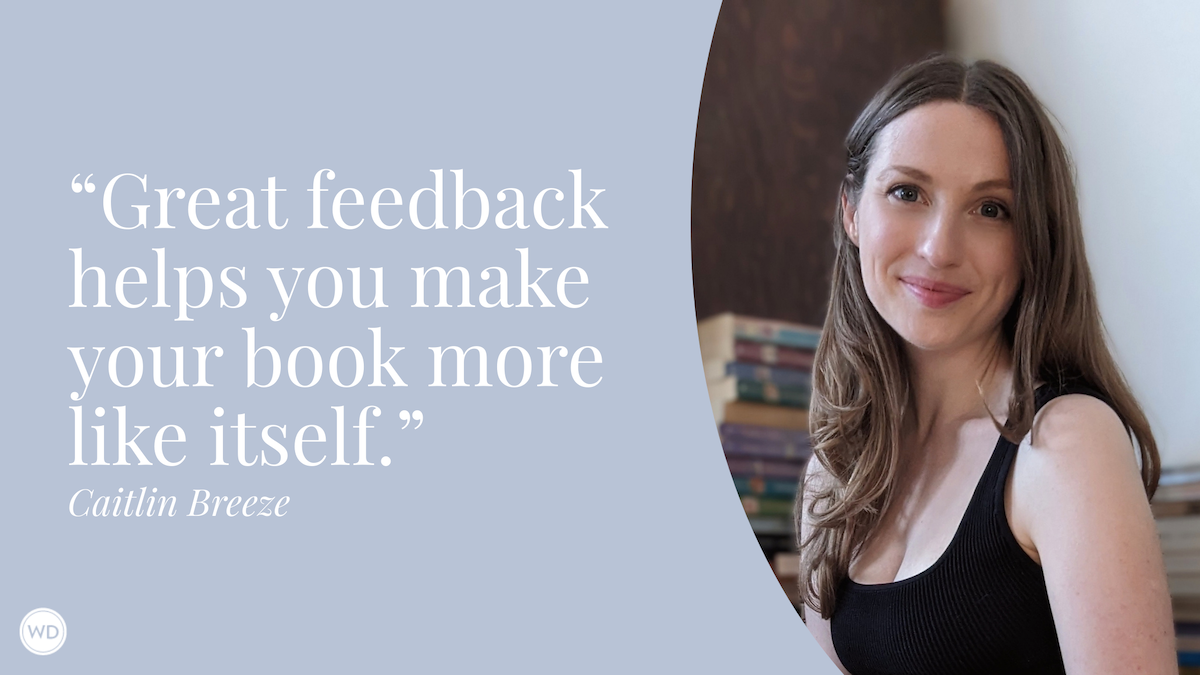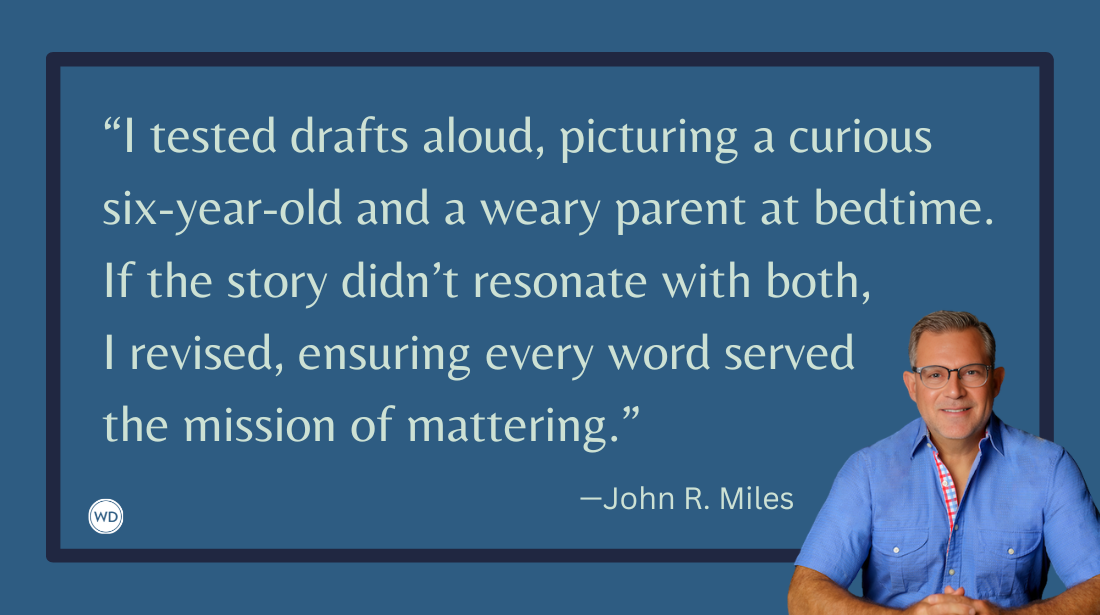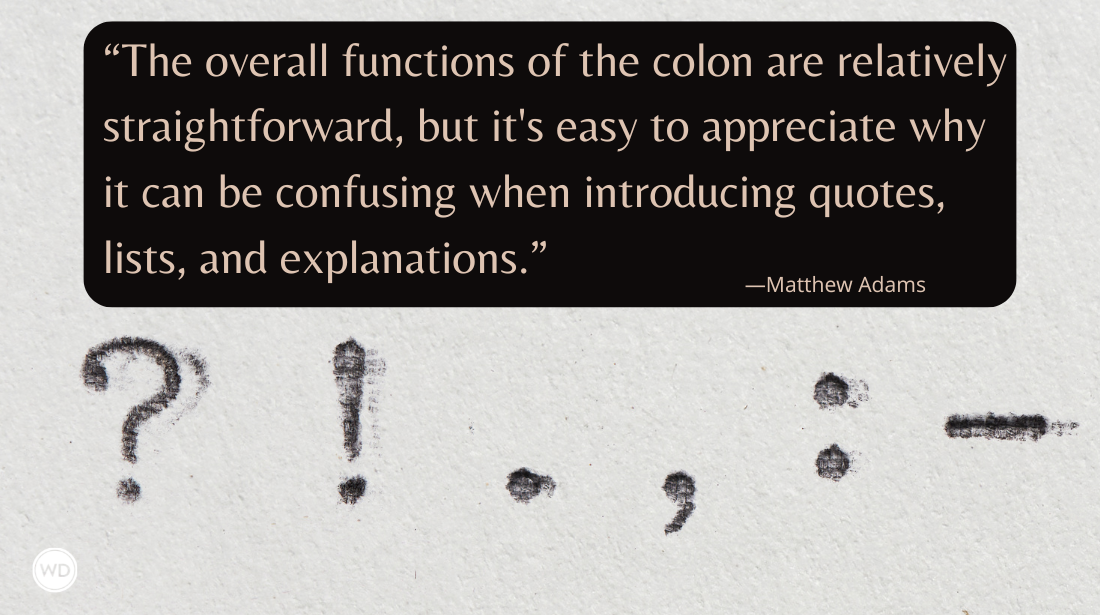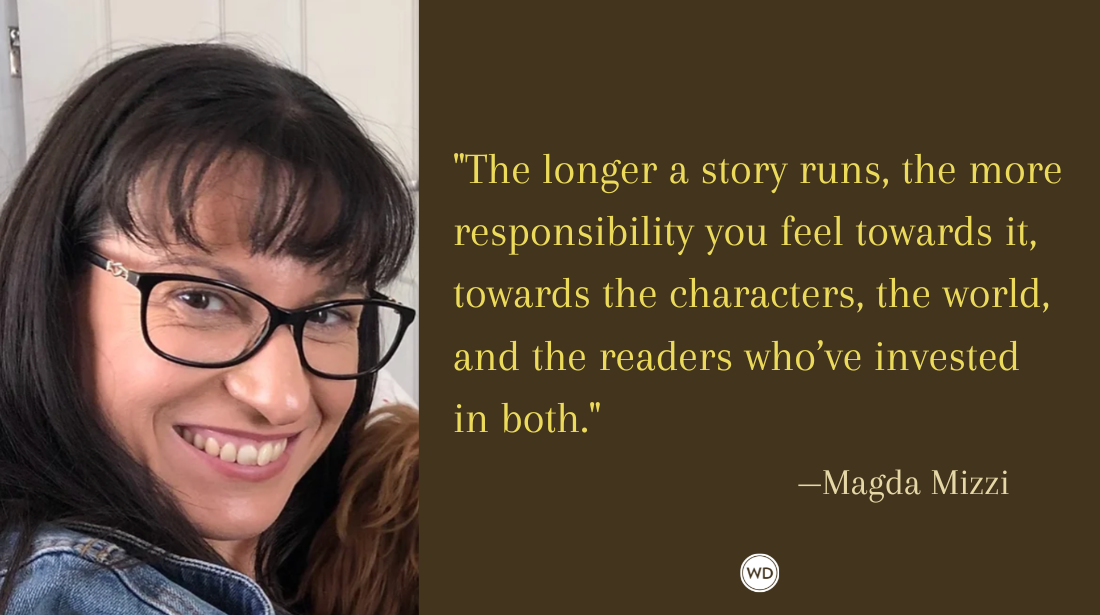Rewriting Book One of a Book Series
Author Mark Stevens shares his experience of rewriting the first book in his Allison Coil novel series after realizing he was recommending readers start with books later in the series.
This is a story about re-writing a best-seller.
Mine.
Best-seller is an overstatement. I mean local best-seller.
Antler Dust was first published in 2007 by a small, independent publisher (now defunct) near Boulder.
The reviews were good. The Aspen Times wrote this: "Prose and plot sing in perfect harmony."
Gulp. Really? That good?
Best-selling crime fiction writer Stephen White said, "The number of fine Colorado crime writers just increased by one."
And Antler Dust, the first novel in The Allison Coil Mystery Series, hit the local Denver Post best-seller list. First in 2007. And again in 2009.
For two years, I went to every bookstore that would have me in Colorado, Wyoming, and New Mexico. I sold 2,000 hardbacks.
When I was done with the second novel in the series, my new publisher also reprinted Antler Dust as a trade paperback. I set about selling book two, Buried by the Roan, along with 2,000 more copies of Antler Dust. I hit the road again to bookstores and conferences around the American West.
When my second publisher went belly-up, I landed with Midnight Ink for a two-book contract. Book number three in the series, Trapline, won the Colorado Book Award for best mystery. Number four, Lake of Fire, was a finalist for the same award.
Best-selling crime fiction writer Craig Johnson said, "Mark Stevens writes like wildfire." From the guy who created Walt Longmire, that endorsement meant a lot.
Re-evaluating the First Novel
But something bugged me.
Antler Dust wasn’t up to par with the others.
Story? Pretty good. I’d give myself a B+.
Plot? Pretty good. Another B or B+.
Main character? Likeable. Maybe a pat-on-the-back A-minus here? (Allison Coil seemed to be a winner among male and female readers alike.)
But the writing? Sentence by sentence, paragraph by paragraph? I would give myself a passing grade. Barely. C-minus.
Some advice out there says, don't worry. As in, nothing is perfect. The idea is to move ahead. Don't look back. Every writer gets better. It is what it is.
Forget about it.
I couldn't live with myself. Too often, I'd found myself steering potential new readers to start with book three. Or five.
Not a good sign.
First Problem: Emotional Glue
In 2019, I started rewriting Antler Dust. I attacked with a machete. I murdered darlings and all their relatives. There were two main problems.
Number One: The Emotional Glue.
I had learned lots about Allison Coil. She's a hunting guide in the rugged, remote Flat Tops Wilderness of Colorado. She's also a survivor of a commercial airplane crash. During her recovery from the crash, she learned to ride horses and learned to guide. I wrote her as a rookie when I first wrote Antler Dust but not rookie enough. I needed to make sure readers knew this was a new world, to her, and why she would grow to love it—and therefore want to protect it at all costs.
I gave Allison a full cast of characters for interactions. A boyfriend. The local sheriff. A corrupt outfitter. A by-the-books outfitter (her boss). And others. (Like the entire series, Antler Dust is told from rotating points of view.) But Allison's first trip through the story was flat. It seemed to me that she did things because the plot called for it—not because she was a living, breathing human being who decided how to spend the waking hours of her real-life day.
Character. Why does anybody do anything? What is the motivation to report seeing something strange to the local sheriff? What motivates someone to say "yes" when a stranger asks you to stop by for a chat? And then asks for help? What makes someone feel bold enough to go into the empty home of an acquaintance and poke around? Or to step outside the normal routines of work and life to put the pressure on law enforcement? It's not something most people do. There needed to be a reason for doing the unusual. I had an opportunity to give Allison more grounding as a character—and show why, as a person, she felt compelled to act.
By the time I was rewriting Antler Dust, I had also completed book five, The Melancholy Howl. Hang around with your main character for more than a decade and you'll get to know her very well! I knew more about Allison Coil's likes and dislikes. I had also learned that books thrive on attitude, that attitudes and opinions can give a book energy. Attitudes help readers orient themselves to your characters. (A great example are the Detective Elouise Norton mysteries by Rachel Howzell Hall.)
My Denver writer friend Linda Joffe Hull puts it this way: Walk into a room full of people you know and if you could read all their thoughts—their true thoughts—you would run from the room screaming. Society, decency, and civilization have taught most of us to filter what we say. That's where a writer moves in, to show us what characters think in all situations. That is, show us both what they think—and why. Allison Coil needed more emotional heft. And attitude.
Second Problem: Lazy Writing
Problem Number Two. Lazy Writing.
My early writing was imprecise. It was full of weak words. Some. A few. A bit. Down. Up. Partly this and mostly that.
My characters stopped frequently to take a meaningful—and I want you to know a very meaningful—breath. Boring! And pointless.
At one point, I noted that Allison pulled on jeans and socks after a shower in her cabin and, a minute later, "answered the door barefoot." What? And why? Did the socks vanish in the three seconds of time on the page? It was meaningless, thoughtless filler. I hadn't bothered to track the internal logic of the action.
Here's a bad sentence for you: "One window revealed a soft glow from inside the house." By my count, that's ten words that are trying too hard. Where else would the glow be coming from other than inside? And aren't all "glows" soft? How about three words instead: "One window glowed."
There are oodles of online lists for "weak" words in fiction. I like Diana Urban’s list of 43 words to cut from your prose. I searched for these devil words and used each "find" as a cue. If I was lazy enough to rely on a boring, sluggish word, it was highly possible that the sentence was also a piece of crap. I worked to heighten precision. More detail equals more interest and gives the reader the feeling that they are in the hands of a writer they can trust.
The result of work is a new and improved Antler Dust—a better portal to the series, a better indication of the quality of the writing (I hope) in the four books that followed it.
More than anything, though, I don't squirm when someone asks me what book they should read first.
*****
Mark Stevens is the author of The Fireballer (coming Jan. 1, 2023 from Lake Union) and The Allison Coil Mystery Series including Trapline and Lake of Fire. He is also co-publisher of Running Meter Press, which has been publishing the works of the late Gary Reilly since 2012. More at Mark’s website and Gary Reilly’s too.









